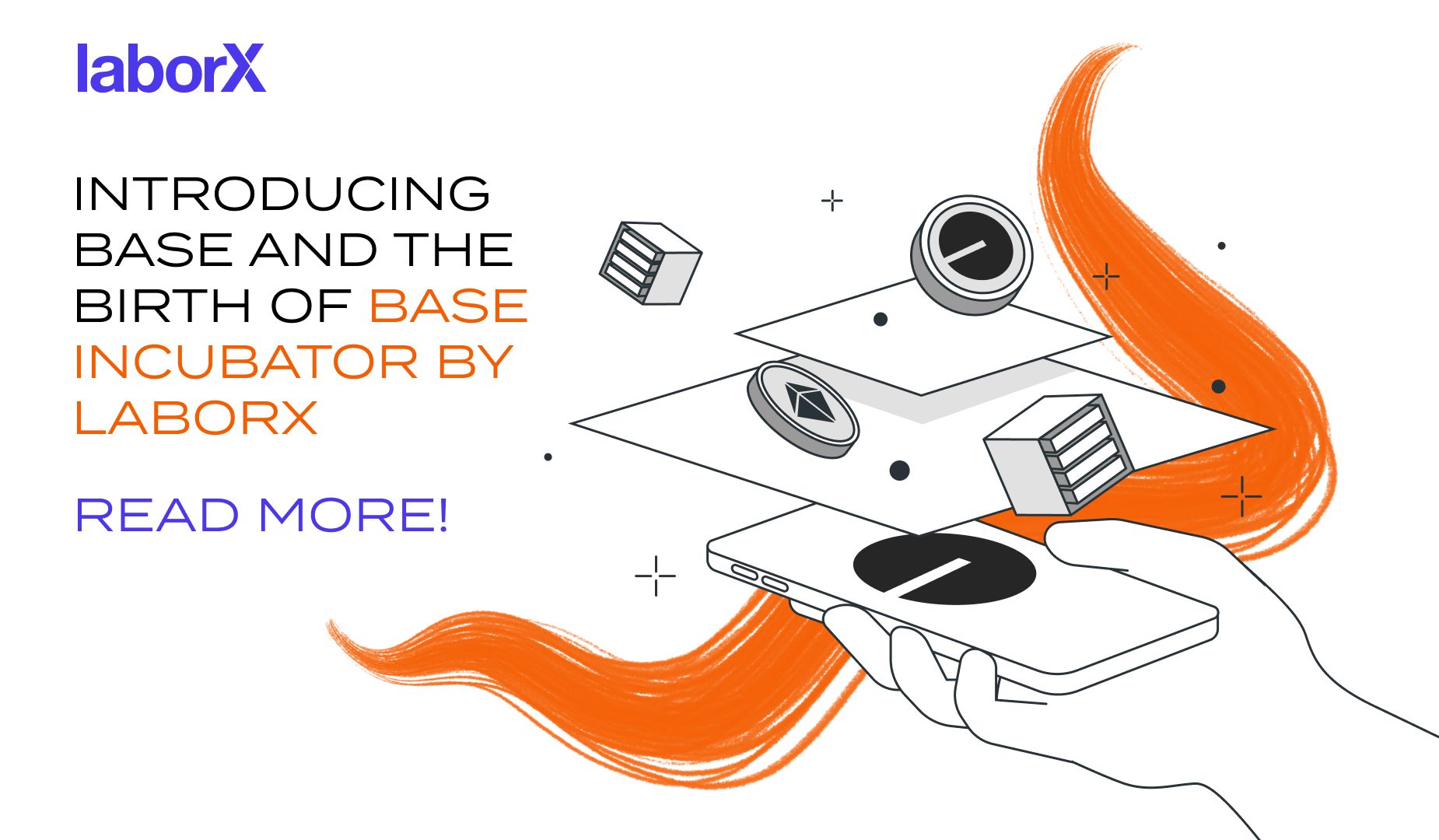
Embracing Change: HR in the World of Digital Assets
Hotcoin’s HR shares her journey from traditional industries to the world of Web3 and crypto, highlighting key insights on thriving in this space.
Read
LaborX recently introduced Gigs – off-the-peg tasks offered by freelancers at a fixed price. Gigs significantly simplify the process of purchasing popular jobs for customers, with the concept popularised by platforms like Fiverr.
One of the benefits of Gigs is that the user journey is much more straightforward than for regular jobs, meaning that the smart contract that formalises the freelancer-customer agreement can also be simpler, and therefore cheaper in terms of blockchain fees.

1. Organisation
The freelancer and customer agree on the terms of the job (task details, cost and deadline), with some information pre-set by the freelancer upon creation of the Gig. The customer signs the contract and deposits funds to escrow.
When the customer pays, the smart contract checks whether they have Premium account status via a designated oracle. If so, no commission is charged. Otherwise, the contract includes a platform fee of 1% of the total amount.
The smart contract for the Gig stores:
2. Work
The freelancer begins work. The customer can pay for the job at any time. To do this, they simply sign the transaction and the smart contract transfers the funds to the freelancer’s wallet.
The freelancer is charged a 5% commission, unless they have Premium status, in which case they pay zero platform fees.
3. Deadline
If the specified deadline for the job arrives and the freelancer has not completed the task, the freelancer is given an additional two days to deliver the work. If the task still has not been completed after this extension, the customer can reclaim their funds by sending a transaction to the escrow smart contract.
4. Dispute proceedings
If the freelancer completes the job on time but the employer does not release the funds from escrow, then the freelancer can start dispute proceedings. The freelancer can open a dispute at any time after two days have elapsed since completing the work.
The freelancer places a request to the LaborX team via the job interface. The funds are frozen by the dispute arbiter using a transaction to the smart contract, who is now the only party able to release funds from escrow.
The arbiter assesses the dispute and reaches a decision. Funds can be distributed between the freelancer and customer’s wallet at the arbiter’s discretion.
We hope you’ll agree this is a welcome development for LaborX users, and will encourage more freelancers to create Gigs and customers to purchase them!

Hotcoin’s HR shares her journey from traditional industries to the world of Web3 and crypto, highlighting key insights on thriving in this space.
Read
Discover how Web3 is reshaping HR practices with insights from a leading expert in the field.
Read
Discover Base's innovative L2 solution addressing scalability, security, and user experience challenges in crypto. Learn about Base Incubator by LaborX, fostering growth and innovation within the Base ecosystem.
Read